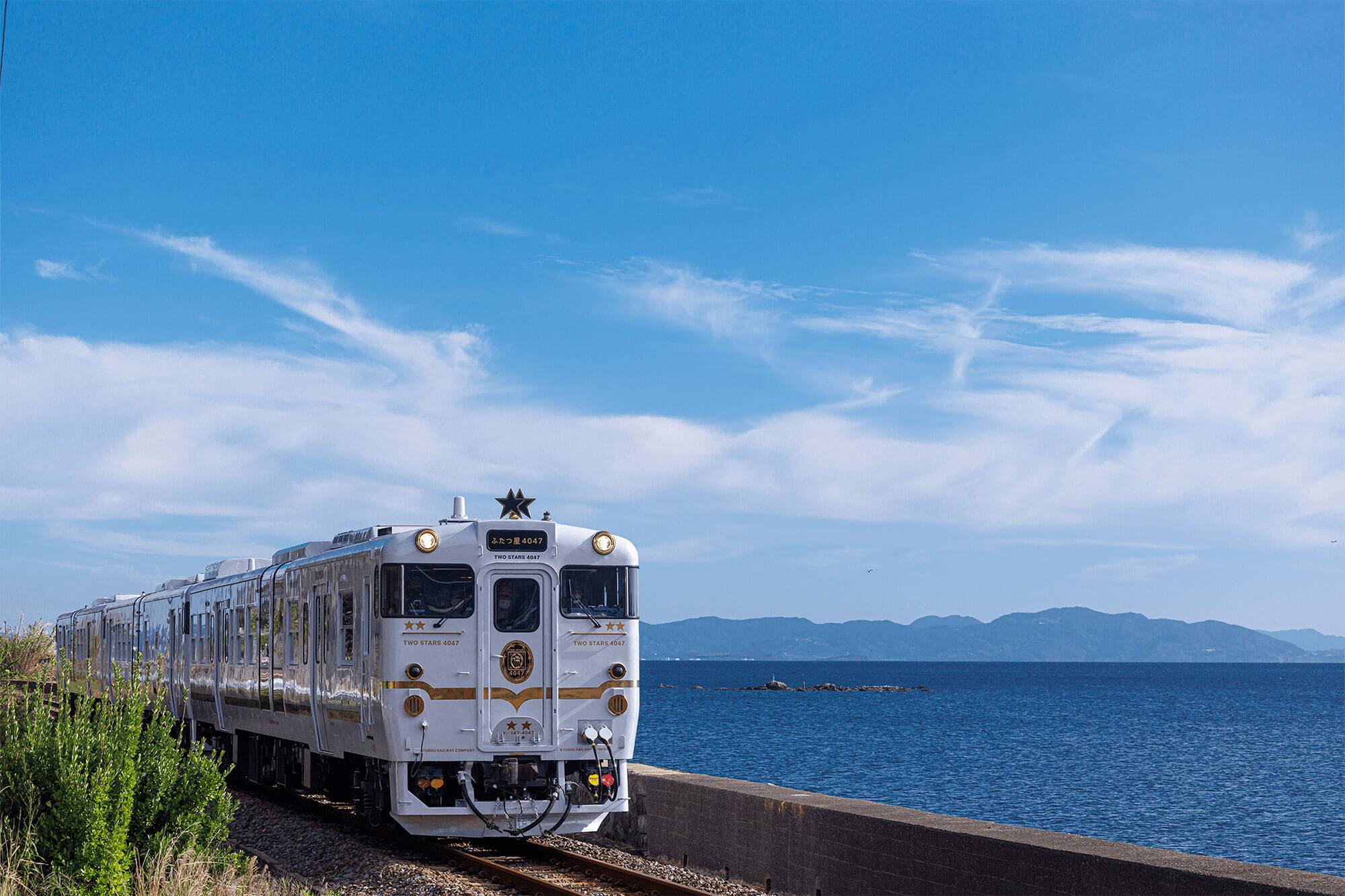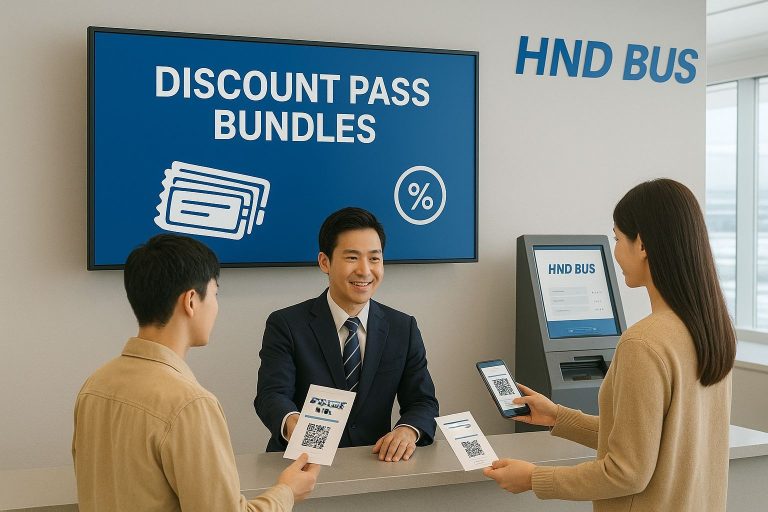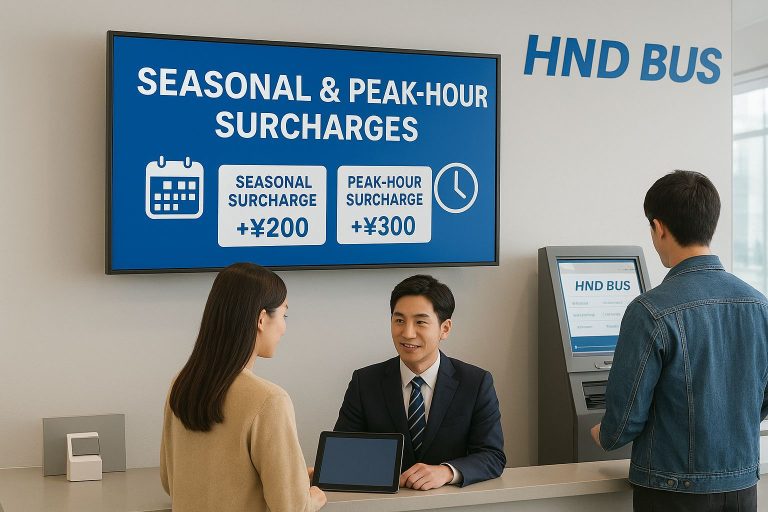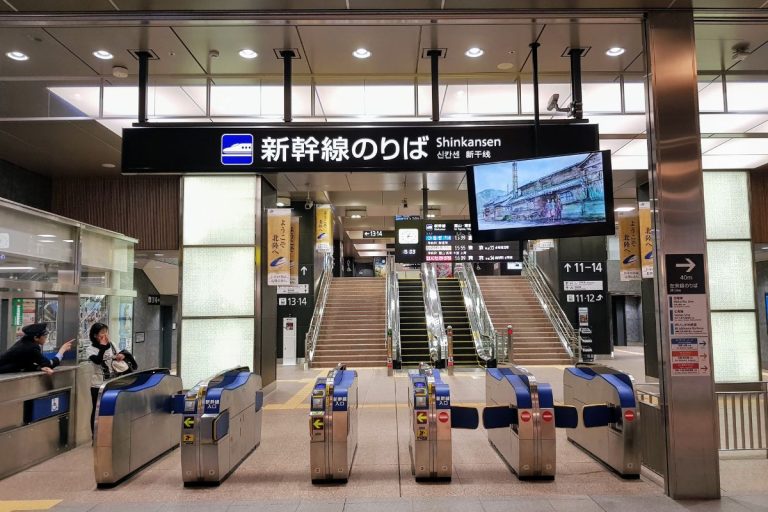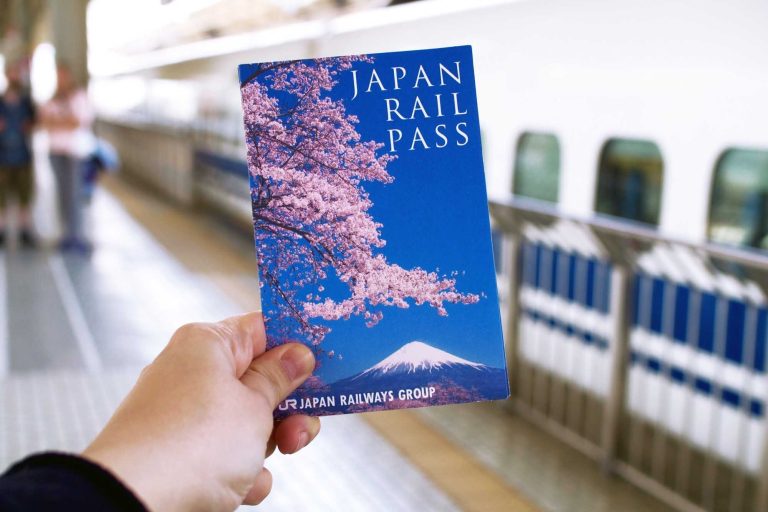Overview of Round-Trip and Multi-Day Passes
Travel passes have transformed how we approach transportation, offering structured solutions for both short getaways and extended adventures. Understanding the different types available helps travelers make informed decisions that align with their specific needs and budgets.
Definition of Round-Trip Passes
Round-trip passes provide transportation from your origin to a destination and back again on a predetermined schedule. These passes typically offer fixed departure and return dates, making them ideal for travelers with concrete plans. Most round-trip options include reserved seating and guaranteed return transportation, eliminating the uncertainty of booking separate tickets.
Definition of Multi-Day Passes
Multi-day passes grant unlimited or flexible access to transportation services over a specified period, ranging from consecutive days to longer timeframes. Unlike single-journey bus tickets, these passes allow multiple trips within the valid period, providing freedom to explore various destinations without purchasing individual tickets for each journey.
Benefits of Using Round-Trip Passes
Round-trip passes offer predictable costs and simplified planning. Travelers know their total transportation expense upfront, making budget management easier. These passes often include discounts compared to purchasing two one-way tickets separately. Additionally, they guarantee your return journey, which proves particularly valuable during peak travel seasons when availability becomes limited.
Benefits of Using Multi-Day Passes
Multi-day passes provide unmatched flexibility for exploratory travel. They eliminate the stress of planning exact itineraries in advance, allowing spontaneous decisions about destinations and timing. For travelers visiting multiple locations, these passes often deliver significant cost savings compared to individual ticket purchases. They also reduce the administrative burden of managing multiple bookings.
Cost Comparison of Round-Trip vs Multi-Day Passes
Cost effectiveness depends heavily on your travel patterns. Round-trip passes typically offer better value for travelers with fixed itineraries visiting one primary destination. Multi-day passes become more economical when planning three or more separate journeys within the valid period. Consider factors like peak season pricing, advance booking discounts, and the actual number of trips you’ll realistically take.
Amtrak Services and Discounts
Amtrak provides comprehensive rail transportation across North America, offering various pass options and amenities that cater to different travel preferences and budgets.
Overview of Amtrak Services
Amtrak operates an extensive network connecting major cities and rural communities throughout the United States. Their services range from high-speed corridor trains to long-distance routes featuring sleeping accommodations. The railroad provides real-time train status updates, helping passengers stay informed about delays or schedule changes that might affect their travel plans.
Trip Planning Features with Amtrak
Amtrak’s digital platform offers sophisticated trip planning tools that allow travelers to compare routes, schedules, and pricing options. The system displays multiple departure times, travel durations, and connection information. Passengers can filter results based on preferences like departure time, travel class, or specific amenities, making it easier to find options that match their requirements.
Onboard Amenities Offered by Amtrak
Amtrak trains feature various comfort amenities depending on the route and service class. Standard offerings include spacious seating with more legroom than airline travel, power outlets at every seat, and free WiFi on most routes. Many trains include cafe cars serving snacks and beverages, while long-distance routes offer full dining services with freshly prepared meals.
Amtrak Guest Rewards Program
The Amtrak Guest Rewards program allows members to earn points for every dollar spent on rail travel, with bonus point opportunities for business class and sleeper accommodations. Members can redeem points for free travel, upgrades to premium seating, or gift cards for various retailers. The program includes tier status levels that unlock additional benefits like priority boarding and complimentary upgrades when available.
Promotional Offers and Discounts
Amtrak regularly features promotional pricing for advance bookings, with discounts often reaching 25-50% off regular fares. Students, seniors, military personnel, and children qualify for ongoing discount programs. Group and student discounts provide additional savings for organized travel, making rail transportation more accessible for educational trips and large parties traveling together.
Multi-Day Lift Tickets: A Case Study
Mt. Bachelor’s multi-day lift ticket program demonstrates how recreational venues successfully implement flexible pass systems that benefit both operators and customers.
Overview of Mt. Bachelor Multi-Day Lift Tickets
Mt. Bachelor offers multi-day lift tickets that provide access to their mountain facilities over consecutive or non-consecutive days during the ski season. These passes include full mountain access, with options ranging from two-day weekends to extended week-long packages. The resort’s system allows pass holders to use their tickets flexibly within specified date ranges.
Current Discounts on Multi-Day Passes
The resort frequently offers bundle discounts, including recent promotions featuring $20 savings on multi-day packages. Early season purchases often include additional perks like discounted equipment rentals or dining credits. These promotional strategies encourage advance bookings while providing tangible value to customers planning extended stays.
Seasonal Passes Offered
Beyond multi-day tickets, Mt. Bachelor provides full seasonal passes for frequent visitors. These passes include unlimited mountain access throughout the operating season, priority lift access during busy periods, and discounts on resort services like dining and retail. Seasonal pass holders also receive reciprocal benefits at partner resorts.
Additional Resort Amenities
Multi-day pass holders gain access to comprehensive resort amenities including base lodge facilities, equipment rental services, and ski instruction programs. The resort operates multiple dining venues, retail shops, and equipment services that enhance the overall mountain experience. Summer operations extend pass utility beyond winter sports, offering mountain biking and hiking access.
Traveling with Multi-City Flights
Air travel offers unique opportunities for complex itineraries that combine multiple destinations within a single booking, often providing both convenience and cost advantages.
Benefits of Multi-City Itineraries
Multi-city flight bookings allow travelers to visit several destinations within one trip while maintaining a single reservation. This approach eliminates the complexity of managing multiple separate bookings and provides protection if delays affect connecting flights. Airlines treat multi-city bookings as complete journeys, offering rebooking assistance when disruptions occur.
Cost Comparison: Multi-City vs Round-Trip Flights
Multi-city flights often cost similar to round-trip fares, particularly on international routes where airlines price based on overall distance rather than individual segments. For example, flights from San Francisco to Paris and Nice frequently match round-trip Paris pricing while providing access to both French cities. This pricing structure makes multi-city options attractive for travelers wanting to maximize their European experience.
Time Efficiency in Travel Planning
Multi-city itineraries can significantly reduce total travel time compared to round-trip alternatives requiring separate bookings. Instead of returning to your origin city between destinations, multi-city routing allows direct progression through your planned stops. A Nice to Paris flight takes under two hours, while ground transportation might require six hours or more.
Booking Considerations for Multi-City Flights
When booking multi-city flights, consider factors like minimum connection times, visa requirements for each destination, and baggage policies across different segments. Some airlines offer more generous multi-city policies than others, particularly regarding date changes or cancellations. Compare prices on airline websites and travel search engines like Google Flights to identify the most advantageous routing options.
Comparative Analysis of Ticket Types
Understanding the distinctions between various ticket types helps travelers select options that best match their specific travel patterns and risk tolerance.
Single vs. Multi-Day Tickets
Single tickets provide transportation for one specific journey at a predetermined time and date. They offer the lowest upfront cost but lack flexibility for itinerary changes. Multi-day tickets cost more initially but provide access to multiple journeys within the valid period, often resulting in per-trip savings for travelers making several journeys.
Open-Jaw vs. Round-Trip Tickets
Open-jaw tickets allow travelers to fly into one city and depart from another, eliminating backtracking to the original arrival point. These tickets historically cost similar to round-trip options when booked properly. Round-trip tickets require departure and arrival at the same location but often provide the most straightforward booking and rebooking processes.
Flexibility in Travel Plans
Ticket flexibility varies significantly across different types and carriers. Some multi-day passes allow date changes without penalties, while others require adherence to original travel dates. Understanding change policies before purchase helps avoid unexpected fees when itinerary adjustments become necessary. Premium ticket classes typically offer more generous change policies.
Potential Complications with Separate Tickets
Booking separate tickets with different airlines can create complications when delays occur, as each ticket represents an independent journey without protection for missed connections. Airlines typically don’t provide rebooking assistance for separate tickets, leaving travelers responsible for alternative arrangements. This risk factor makes single-booking approaches more attractive despite potentially higher costs.
User Experience Enhancements
Modern ticketing platforms incorporate various technological features designed to streamline the booking process and improve customer satisfaction.
Interactive Features on Ticketing Websites
Contemporary ticketing websites include interactive maps, real-time availability displays, and dynamic pricing tools that help customers make informed decisions. These platforms often feature comparison tools that display multiple options side-by-side, highlighting differences in price, travel time, and amenities. Mobile-responsive designs ensure consistent functionality across devices.
Visual Elements and User Engagement
Ticketing websites employ visual elements like carousels showcasing destination highlights, interactive route maps, and photo galleries of onboard amenities. These features help customers visualize their travel experience and make more confident booking decisions. Well-designed interfaces reduce booking abandonment rates and improve customer satisfaction with the purchase process.
Customer Support Options Available
Modern ticketing platforms provide multiple customer support channels including live chat, virtual assistants, phone support, and comprehensive FAQ sections. Many systems offer callback options to avoid long hold times, while others provide email support for non-urgent inquiries. Multilingual support accommodates international travelers and improves accessibility for diverse customer bases.
Seasonal and Peak-Hour Considerations
Timing significantly impacts both availability and pricing for various types of travel passes, requiring strategic planning to optimize value and ensure availability.
Understanding Seasonal Pass Pricing
Seasonal pricing reflects demand patterns throughout the year, with peak periods commanding premium rates while off-season travel offers substantial savings. Holiday periods, summer vacation months, and special events drive higher pricing across most transportation modes. Understanding these patterns helps travelers plan trips during more affordable periods when possible.
Impact of Peak-Hour Surcharges on Travel Cost
Many transportation providers implement peak-hour surcharges during high-demand periods like rush hours or weekend departures. These seasonal and peak-hour surcharges can significantly impact total travel costs, particularly for frequent travelers. IC cards and other electronic payment systems often automatically apply these surcharges, making cost tracking more complex.
Planning Around Seasonal Variations
Successful travel planning requires understanding seasonal variations in both pricing and service levels. Some routes operate reduced schedules during off-peak periods, while others add extra services during busy seasons. Weather considerations also affect travel reliability, with winter conditions potentially disrupting schedules in certain regions. Planning flexibility becomes crucial during these variable periods.
Final Thoughts on Pass Selection
Selecting the right travel pass requires careful consideration of your specific needs, travel patterns, and budget constraints.
Evaluating Your Travel Needs
Successful pass selection begins with honest assessment of your actual travel requirements. Consider factors like trip frequency, destination flexibility needs, and tolerance for schedule restrictions. Travelers who value spontaneity benefit more from flexible multi-day options, while those with fixed itineraries often find better value in specific round-trip arrangements.
Making Cost-Effective Choices
Cost effectiveness extends beyond simple price comparisons to include factors like time savings, convenience, and risk mitigation. Calculate total trip costs including ancillary expenses like parking, meals, and accommodation when comparing options. Sometimes higher-priced passes provide better overall value when considering the complete travel experience.
The Importance of Research and Comparison
Thorough research across multiple providers and booking platforms often reveals significant price differences for similar services. Take advantage of comparison tools, read recent customer reviews, and understand cancellation policies before making final decisions. Consider purchasing discount pass bundles when planning multiple trips, as these packages frequently offer substantial savings compared to individual ticket purchases.
Frequently Asked Questions
What are round-trip passes?
Round-trip passes provide transportation from an origin to a destination and back again on a predetermined schedule, ideal for travelers with fixed plans.
What are the advantages of multi-day passes?
Multi-day passes offer unlimited or flexible access to transportation services over a specified time, allowing for spontaneous travel without the need for individual tickets.
How does Amtrak support travel planning?
Amtrak provides a digital platform with trip planning tools, real-time updates, and various onboard amenities to enhance the travel experience.
What are some considerations when booking multi-city flights?
When booking multi-city flights, consider minimum connection times, visa requirements, baggage policies, and compare prices across different platforms.
What factors should be considered when selecting a travel pass?
Consider your travel frequency, destination flexibility, budget, and compare options thoroughly to ensure the best value.
Navigating Your Travel Options Effectively
Making informed choices about travel passes can significantly enhance your journey. By understanding the different types available, evaluating your unique travel needs, and taking advantage of available resources, you can optimize your travel experience and ensure that you select the best options for your adventures.
